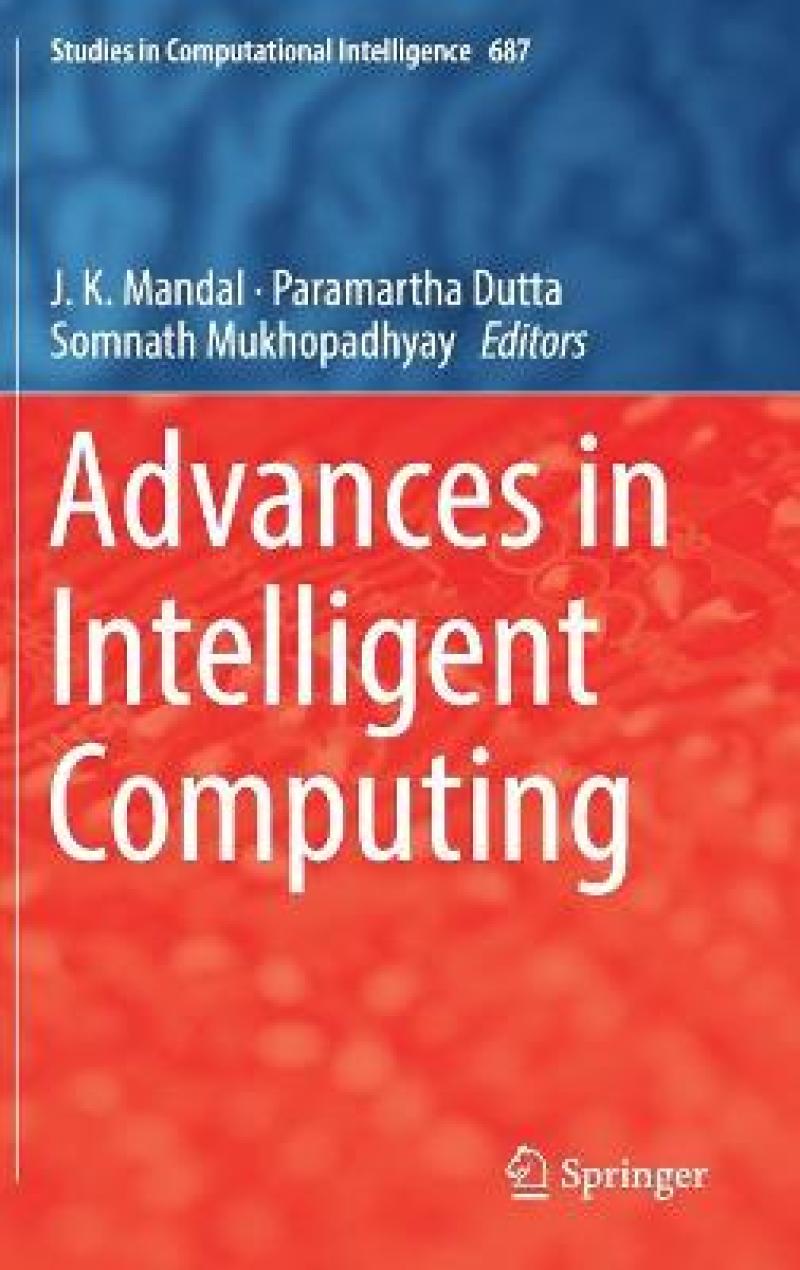This edited volume on computational intelligence algorithms-based applications includes work presented at the International Conference on Computational Intelligence, Communications, and Business Analytics (CICBA 2017).
This edited volume on computational intelligence algorithms-based applications includes work presented at the International Conference on Computational Intelligence, Communications, and Business Analytics (CICBA 2017). It provides the latest research findings on the significance of computational intelligence and related application areas. It also introduces various computation platforms involving evolutionary algorithms, fuzzy logic, swarm intelligence, artificial neural networks and several other tools for solving real-world problems. It also discusses various tools that are hybrids of more than one solution framework, highlighting the theoretical aspects as well as various real-world applications.
